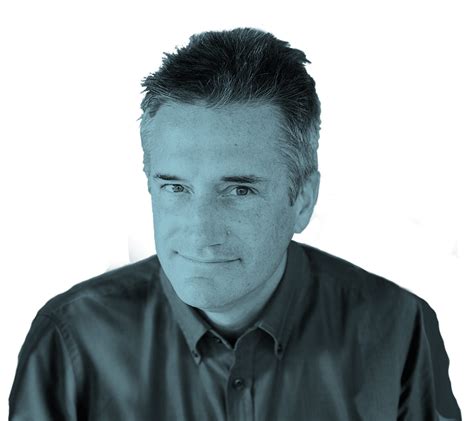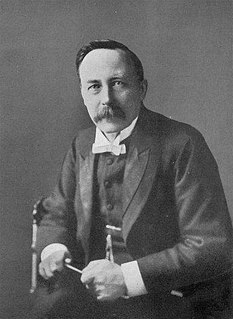A Quote by Paul Tillich
The courage to be is rooted in the God who appears when God has disappeared in the anxiety of doubt.
Related Quotes
What is sin? It is the glory of God not honored. The holiness of God not reverenced. The greatness of God not admired. The power of God not praised. The truth of God not sought. The wisdom of God not esteemed. The beauty of God not treasured. The goodness of God not savored. The faithfulness of God not trusted. The commandments of God not obeyed. The justice of God not respected. The wrath of God not feared. The grace of God not cherished. The presence of God not prized. The person of God not loved. That is sin.
In my book, The Sins of Scripture, I traced the development of tribal religion, which included ideas like God's killing the Egyptians because they hated the chosen people. Then a God of love finally appears in the Book of Hosea, about the 8th century. A God of justice appears in the Book of Amos in the late 8th century or early 7th century.
Exultation that does not flow from education, affections that do not flow from knowing, savoring that does not flow from seeing, feeling that does not flow from thinking - are hollow and rootless - noisy gongs and clanging cymbals. And God is not glorified by artificial and empty passions. True delight is rooted in true doctrine. God-centered exultation is rooted in God-centered education.
In those who rest on their unshakable faith, pharisaism and fanaticism are the unmistakable symptoms of doubt which has been repressed. Doubt is not overcome by repression but by courage. Courage does not deny that there is doubt, but it takes the doubt into itself as an expression of its own finitude and affirms the content of an ultimate concern. Courage does not need the safety of an unquestionable conviction. It includes the risk without which no creative life is possible.
There are many different kinds of doubt. When we doubt the future, we call it worry. When doubt other people we call is suspicion. When we doubt ourselves we call it inferiority. When we doubt God we call it unbelief. When we doubt what we hear on television we call it intelligence! When we doubt everything we call it cynicism or skepticism.
But I think that because they trusted themselves and respected themselves as individuals, because they knew beyond doubt that they were valuable and potentially moral units -- because of this they could give God their own courage and dignity and then receive it back. Such things have disappeared perhaps because men do not trust themselves anymore, and when that happens there is nothing left except perhaps to find some strong sure man, even though he may be wrong, and to dangle from his coattails.
I surrender my anxiety and my sense of urgency. I allow God to guide me in the pacing of my life. I open my heart to God's timing. I release my deadlines, agendas, and stridency to the gentle yet often swift pacing of God. As I open my heart to God's unfoldings, my heart attains peace. As I relax into God's timing, my heart contains comfort. As I allow God to set the tone and schedule of my days, I find myself in the right time and place, open and available to God's opportunities.
I certainly don't mean to leave the impression that anxiety can be waved away with a simple pep talk. In fact, for some, God's healing will include the help of therapy and/or medication. If that's the case, do not for a moment think that you're a second-class citizen of heaven. Ask God to lead you to a qualified counselor or physician who'll provide the treatment you need. This much is sure: It's not God's will that you lead a life of perpetual anxiety. It's not his will that you face every day with dread and trepidation.
And the reason is found in the first lie - the lie which you hold as the truth about God - that God cannot be trusted; that God's love cannot be depended upon; that God's acceptance of you is conditional; that the ultimate outcome is thus in doubt. For if you cannot depend on God's love to always be there, on whose love can you depend? If God retreats and withdraws when you do not perform properly, will not mere mortals also?
You hear a lot about God these days: God, the beneficent; God, the all-great; God, the Almighty; God, the most powerful; God, the giver of life; God, the creator of death. I mean, we're hearing about God all the time, so we better learn how to deal with it. But if we know anything about God, God is arbitrary.
Our great need is not ardour to save man but courage to face God - courage to face God with our soul as it is, and with our Saviour as He is; to face God always thus, and so to win the power which saves and services man more than any other power can. We can never fully say "My brother!" till we have heartily said "My God!", and we can never heartily say "My God!" till we have humbly said "My Guilt!" That is the root of moral reality, of personal religion.





































